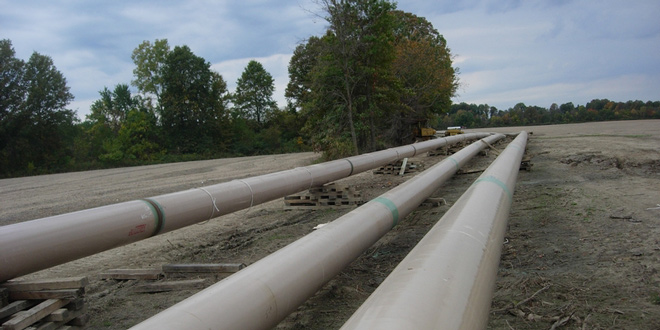By William Opalka
FERC on Wednesday directed staff to begin an investigation of alleged illegal tree-cutting along the New York section of the Constitution Pipeline route despite a finding that state officials’ demands for a stay and sanctions were “procedurally deficient” (CP13-499).
The order was in response to New York Attorney General Eric Schneiderman’s complaint in May that the pipeline’s developers allowed tree-cutting in defiance of a FERC prohibition in New York. Constitution denied the allegations and asked FERC to dismiss the complaint. (See Constitution Asks FERC to Dismiss New York Complaint.)
“While procedurally deficient as a complaint and petition, the May 13 filing may constitute a valid request for investigation,” FERC wrote. “Accordingly, the commission construes it as such and refers this matter to commission staff for further examination and inquiry as may be appropriate.”
Schneiderman alleged there is “a reasonable basis to conclude that Constitution expressly or tacitly authorized, encouraged and/or condoned the tree and vegetation cutting, clear-cutting and other ground disturbance activities” within the pipeline’s 99-mile right of way in New York. Tree cutting had been allowed by FERC in the approximately 25-mile section in Pennsylvania.
FERC said Schneiderman’s filing was deficient because it “does not include any specific facts to support such allegations, but instead relies upon speculation.”
The New York Department of Environmental Conservation in April denied a water quality permit, effectively stopping the project. Constitution has appealed in federal court. (See Constitution Pipeline Appeals Rejection of Water Permit.)
While ruling that the New York complaint was insufficient, FERC said that Constitution could “face potential sanctions” if it failed to comply with its regulations.
The pipeline, intended to bring Pennsylvania shale gas into New York and New England, is being developed by Williams Partners, Cabot Oil & Gas, Piedmont Natural Gas and WGL Holdings. It received FERC approval in December 2014.




